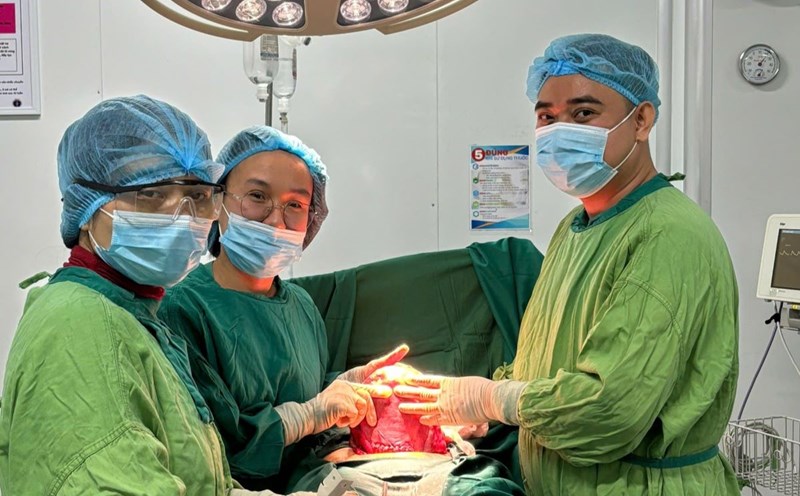According to studies from the World Health Organization, eggs are a source of high-quality protein, while vocational vegetables provide fiber, vitamins and essential minerals without adding many calories.
A boiled egg contains only about 7080 calories but has up to 67g of protein. According to research published in The American Journal of Clinical Nutrition, protein-rich foods such as eggs help increase the feeling of fullness for a long time, reduce cravings and contribute to limiting total calorie intake during the day.
At the same time, the digestion of protein also requires more energy than carbohydrates or fats, which helps to slightly increase the body's thermogenesis and energy expenditure.
Boiled vegetables, such as broccoli, carrots, or spinach, are very low in calories but rich in fiber. Fiber slows digestion, maintains stable blood sugar levels and creates a feeling of fullness for a long time. The World Health Organization recommends consuming at least 400g of vegetables per day to help prevent obesity and chronic diseases such as cardiovascular disease and diabetes.
The combination of boiled eggs and boiled vegetables creates a balanced meal: Low in calories, rich in nutrients, full for a long time and does not cause a sudden increase in insulin in the blood - a factor often associated with fat storage. In addition, this is a simple preparation method, not using grease, thereby limiting unnecessary fat, and is suitable for busy housewives.
According to the recommendation, using boiled eggs and boiled vegetables in your daily menu is a healthy choice, effectively supporting the goal of sustainable weight loss and maintaining overall health.












